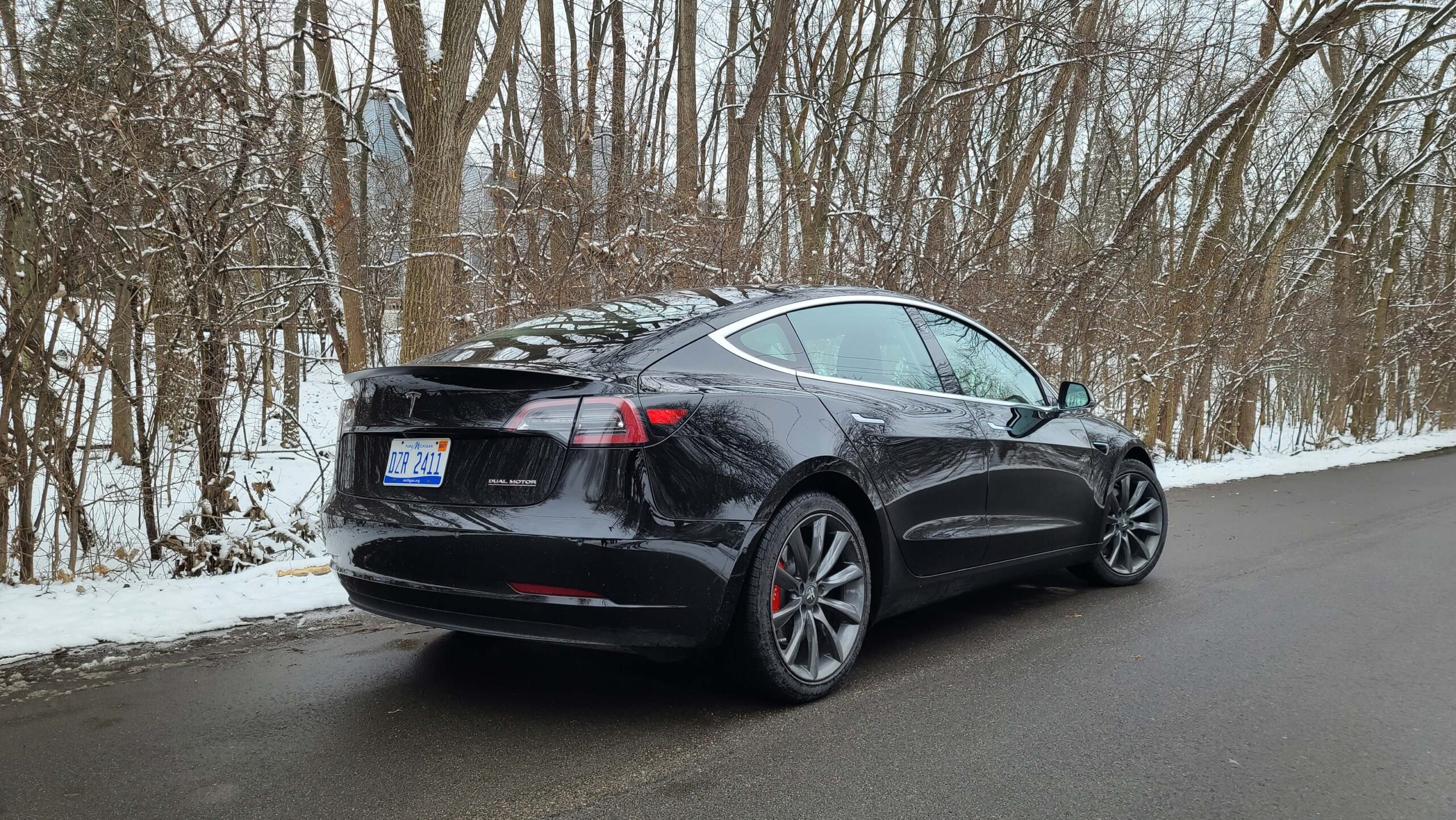A tragic incident unfolded in 2019 near Key Largo, Florida when a Tesla Model S sedan struck and killed Naibel Benavides, a young college student. The aftermath of this fatal crash reverberated through the legal system as the courts sought to assign responsibility for the heartbreaking loss of life.
The labyrinthine legal battle culminated in a landmark decision by a Florida jury, which found Tesla partially at fault for the accident. The jury concluded that flaws in Tesla’s self-driving software played a significant role in the collision that claimed Benavides’ life and left her boyfriend severely injured.
“Today’s verdict is wrong and only works to set back automotive safety… jeopardize Tesla’s and the entire industry’s efforts…”
The repercussions of this verdict were profound, with potential damages amounting to a staggering $243 million hanging over Tesla’s head. While the company expressed intentions to appeal the decision, the outcome still delivered a blow to Tesla’s ambitious plans for self-driving technology.
In an unfolding saga that captivated onlookers, attention was drawn towards Tesla’s Autopilot system. This trial marked a pivotal moment as it became the first federal case addressing a fatal accident involving Autopilot. Questions loomed large about the efficacy and safety standards of autonomous driving technologies.
Expert insights painted contrasting pictures of accountability. On one side stood advocates who argued that Tesla had misled consumers with inflated claims about Autopilot’s capabilities, fostering a false sense of security among drivers like George Brian McGee involved in accidents.
Conversely, representatives from Tesla contended that McGee bore ultimate responsibility for his actions leading up to the crash. They emphasized that drivers must remain vigilant and retain control while using Autopilot features, asserting that no system could absolve individuals from their duty behind the wheel.
“No car could have prevented”…
As narratives clashed within courtrooms, broader implications surfaced regarding regulations surrounding autonomous driving technologies across industries beyond just Tesla. The evolving landscape of self-driving vehicles intersected with fundamental questions about human-machine interaction and road safety norms.
In an era where technological advancements promise convenience but also raise ethical dilemmas, cases like these serve as cautionary tales prompting reflections on innovation’s pace versus society’s readiness for change. Balancing progress with prudence emerges as an ongoing challenge requiring meticulous deliberation.
Amidst legal wrangling and ethical debates lay personal tragedies etched into families’ lives forever altered by unforeseen circumstances on dimly lit roads. For Naibel Benavides’ loved ones grappling with irreparable loss, seeking justice served not just as legal recourse but as homage to cherished memories now immortalized amidst legal transcripts.
The echoes of this courtroom drama may fade with time, but its resonances reverberate across realms far beyond mere vehicular litigation – touching upon themes of accountability, technological evolution, and above all else, human lives irrevocably intertwined with machines steering destinies down unpredictable paths.

Comments